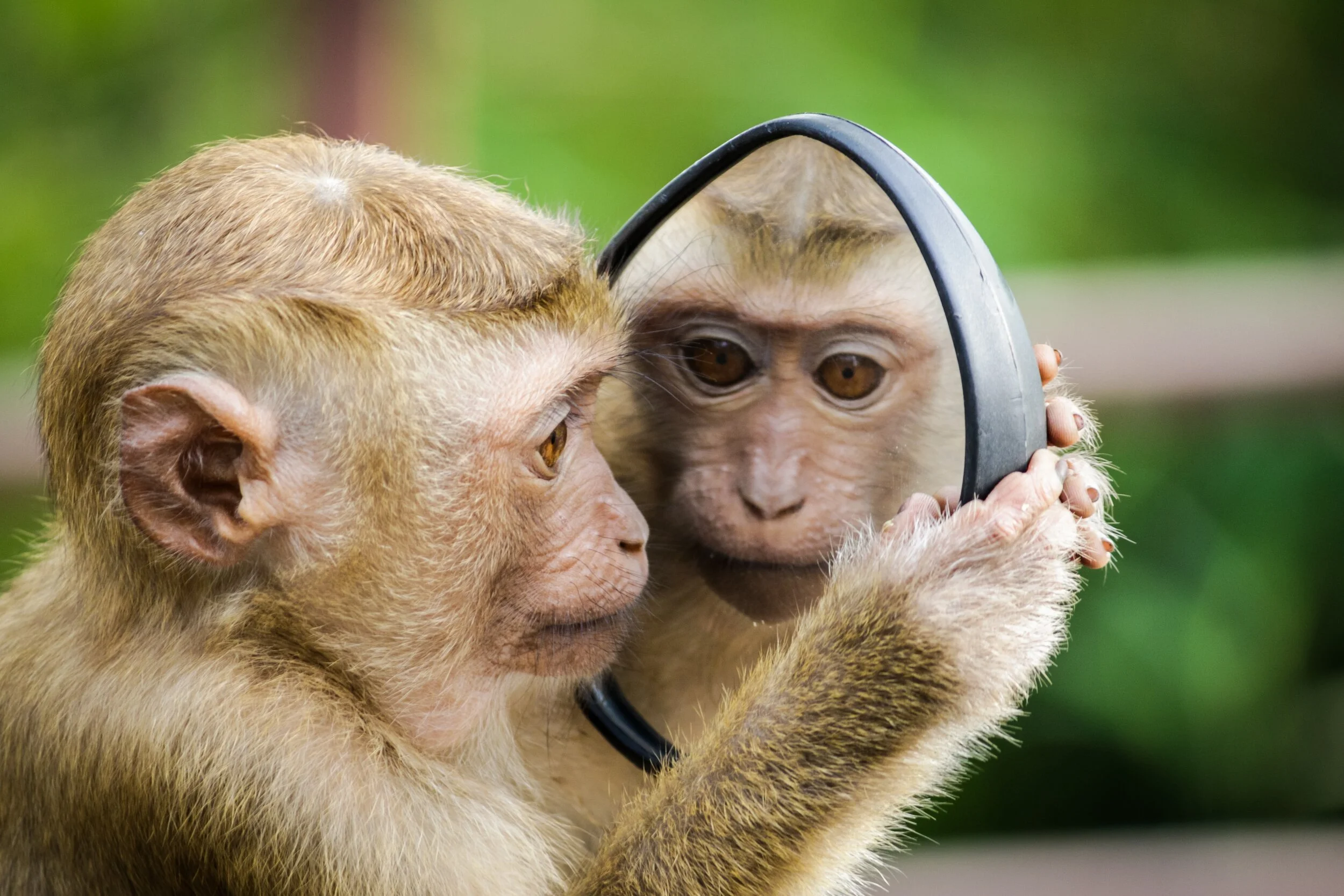Driving Results With Others: Emotions teach us
QUESTION
It seems like I've still got a long way to go, so much to still learn, about working through others. When I feel like I don’t know what I’m doing, where do I start?
ANSWER
There will always be more to learn, new ways of communicating and connecting with people. And, what got you here is not what will get you to the next level. When you find that old skills aren’t working, it means it’s time to learn a new one that will give you deeper insights and help you navigate other relationships too.
“A man cannot be comfortable without his own approval.”
– Mark Twain, American writer and lecturer
“My scope doubled; I don’t know how to address a team, an organization, or a company that large!”
“I just got promoted to group lead, director, or general manager—and I feel like I don’t know what I’m doing.”
“I need to deliver some challenging feedback, and I’m scared I’ll do it wrong.”
Everyone—from the CEO to the intern—learns on the job. When we learn in front of others, when the stakes are high—uncertainty, anger, anxiety, frustration—can show up like unwanted guests. How we manage our feelings in these situations determines how we will engage with others, and it is a direct reflection on our skill level in working effectively through them.
In situations that are new to us, we often find others to be the problem. We might perceive everyone else to be more difficult than usual. That might be an indicator that we might need to improve our own skills. We might need to get better at contracting, negotiating, influencing, dealing with resistance, managing others, delivering feedback, influencing without authority, influencing with authority, communicating the right message at the right time, or just meeting the other person’s needs in the moment.
Slowing down to gain a broader perspective—one beyond our own reactivity—can expose our idiosyncrasies, quirks, and vulnerabilities. If we pay attention to how we react to different kinds of personalities, we can learn better ways to respond.
When it comes to learning, we can take the easy way or the hard way. For many of us, the list of easily learned lessons is pretty short.
As individuals, we want to grow intellectually, spiritually, and emotionally. The issue might be that we don’t equally value those three qualities. This results in us having lopsided skills. If we value technical expertise or bottom-line results more than we value managing and developing others, we will likely be less influential than our peers.
When we resist learning in any one of these categories, we are still being taught—whether we like it or not! Seats are always open in the School of Hard Knocks.
MORE THOUGHTS…
Human beings, who are almost unique in having the ability to learn from the experience of others, are also remarkable for their apparent disinclination to do so.
— Douglas Adams, English author, Hitchhiker's Guide to the Galaxy
You should never try to be better than someone else, you should always be learning from others. But you should never cease trying to be the best you could be because that's under your control and the other isn't.
— John Wooden, American basketball player and head coach at UCLA
Example is not the main thing in influencing others. It is the only thing.
— Albert Schweitzer, polymath, theologian, writer, philosopher, and physician
Learning from other people is what music is all about.
— Neil Young, Canadian singer-songwriter
REMEMBER
How we respond to another person is a direct reflection of our skill level in working with and through others. If we can gain awareness of our reactivity, we can gain focus on what to improve.
PRACTICE
Think back to the last time you felt overwhelmed by responsibility or lacked the right skills. Remember the feeling(s) you had at the time and name them. Name the skills you felt you lacked at the time. Now think back to the people you were working with, in particular, those you experienced as challenging. What lesson did you learn from them? How did that lesson contribute to your personal or professional development?
CONNECT
Talk to a friend or trusted colleague about the ways in which you both have matured during the last few years. How has challenge and change taught you lessons you couldn't have learned from other, more easygoing people?
REFLECT
If you keep a journal for your own development, write down your thoughts about the joys and rewards of being a lifelong learner. Are there any negative aspects of lifelong learning?
To perform well while under pressure, we need to train our minds to work more effectively. Making the right decisions, whether that is hashing out how artificial intelligence will evolve or ensuring naval ships are ready on time takes practice.
Driving Results With Others: A pocket guide for learning on the job enables you with all the tools and tactics you need to make your interactions less stressful and more effective.

